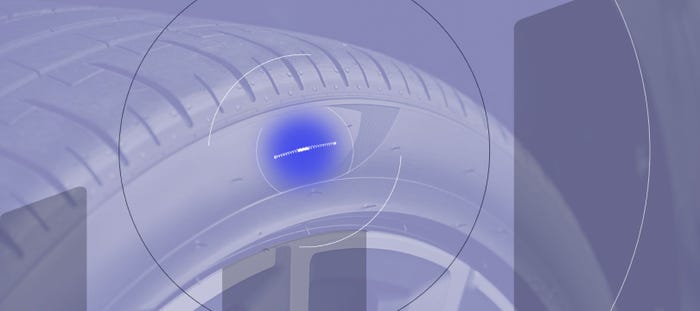Electric Aircraft Test Flight Crashes, No One Hurt
Vertical Aerospace prototype hits ground during test of motor failure scenario

A Vertical Aerospace prototype electric flying vehicle was damaged in a crash during a test flight.
The incident was reported in a Securities and Exchange Commission (SEC) filing.
“On Wednesday August 9, 2023, Vertical Aerospace Ltd.’s experimental prototype aircraft was involved in an incident during flight testing at its Flight Test Center at Cotswold Airport, U.K.,” stated the SEC filing. “The aircraft was remotely piloted and there were no injuries.”
Vertical Aerospace had successfully flown its electric aircraft at Cotswold Airport in Kemble U.K.
Like what you're reading? For more stories like this on emerging technologies, sign up for our free daily email newsletter to stay updated!
The remotely controlled plane, powered solely by the battery-powered propulsion system, lifted, hovered, flew and landed.
The VX4 test aircraft reached speeds of just over 40 mph through a series of remotely piloted thrust-borne test flights.
The crash, reportedly a drop from about 20 feet in the air, occurred during one of the required tests.
“Our flight test program is designed to establish the limits of the aircraft’s performance, and the incident occurred during an uncrewed test of the aircraft’s maneuverability during a motor failure test scenario, which is a key requirement to progress to crewed operations,” stated the SEC filing. “We are working closely with the relevant authorities.”
Vertical’s partners include Honeywell, which designs the aircraft control system, and Rolls Royce, also an investor in Vertical.
“The aircraft was remarkably easy to fly,” Vertical’s chief test pilot Justin Paines has said. “It was rock-solid in stability and provided precise control even in demanding flight conditions such as hovering close to the ground. The aircraft leapt into a stable hover at lower rpm than expected, taking advantage of the ground effect cushion.”
Vertical Aerospace, founded in 2016, is building another aircraft to feature more advanced technology and is aiming for a certified aircraft by the end of 2026.
Three months ago, Vertical received design organization approval (DOA) from the U.K. Civil Aviation Authority (CAA).
Read more about:
Flying CarsAbout the Author
You May Also Like








